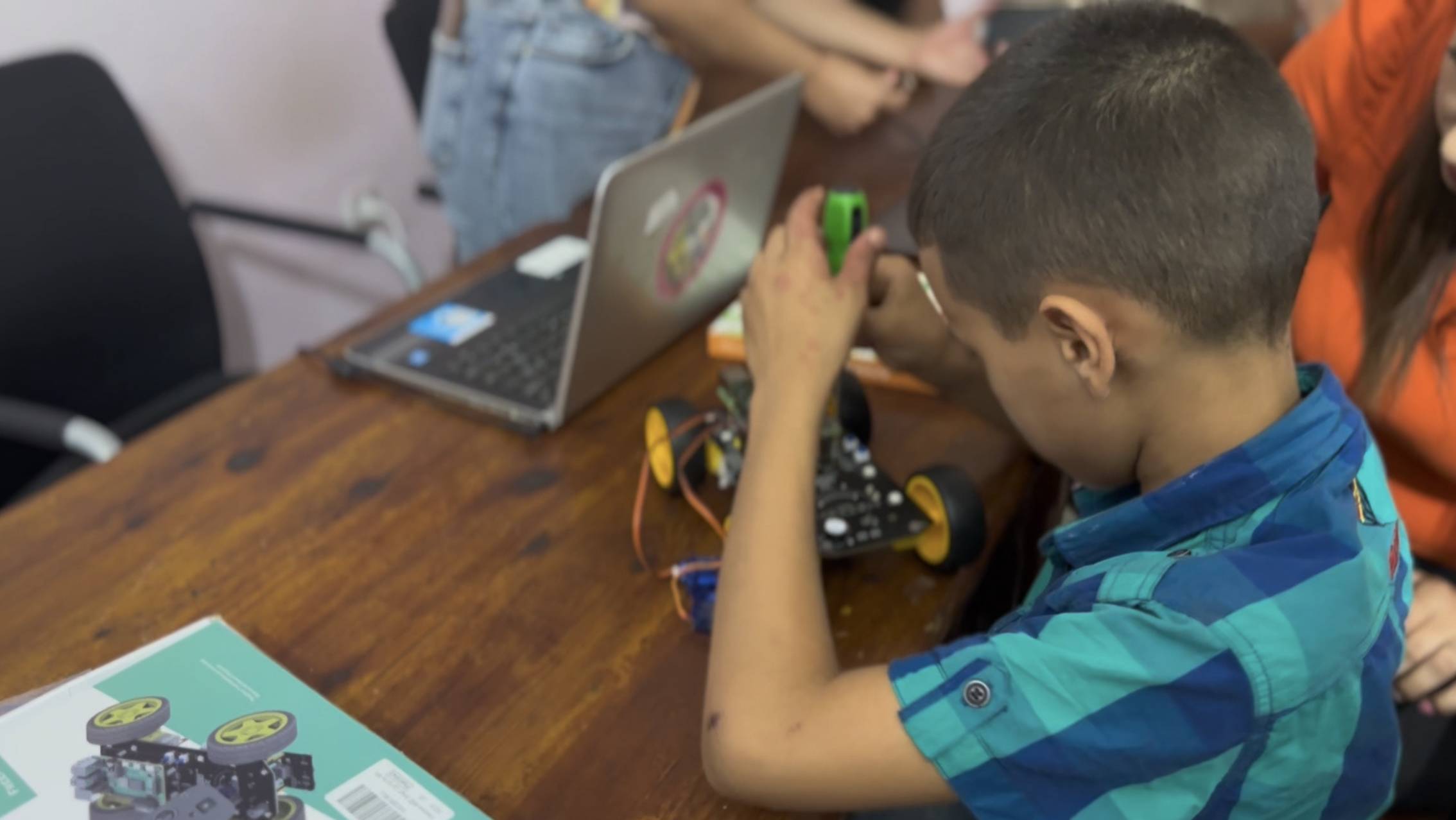
Mission and Approach
The NAA goal is to establish a modern educational framework in Africa that is both adaptive to local conditions and conducive to long-term viability and cultural alignment.
NAA Objectives
-
1. Engage
To engage in non-partisan research, educational initiatives, and dissemination of information aimed at advancing the educational standards of African children and youth. The focus shall be on English language proficiency, artificial intelligence, robotics, and science and technology, with an emphasis on experiential, hands-on learning methodologies.
-
2. Educate
To sponsor the establishment and operation of non-profit educational institutions in Africa through various means, including but not limited to financial, material, intellectual, and technological resources, as well as human capital. These institutions will be committed to providing cost-free education in alignment with the pedagogical goals set forth in Objective 1.
-
3. Connect
To foster educational partnerships between African nations and the United States, as well as other developed countries, by facilitating and organizing student and educator exchange programs and other collaborative educational initiatives.
NAA Approach
Our initiative stands on three main pillars: The Academy (non-profit based in the US), local, non-profit and non-partisan civil society organizations, and local businesses/philantropists (based in Africa ).
Role of the North African Academy
The Academy’s vision is to establish a network of schools across North Africa and beyond by partnering with local civil society organizations and businesses. The Academy’s role includes:
Conducting due diligence to identify genuine, active and non-partisan local civil society organizations
Selecting sites that will host new schools
Establishing educational programs
Appointing a local Director for the Schools following a competitive review process.
Providing educational materials including software and hardware and online course access.
Providing training for teachers and educators.
Supervising and approving schools’ annual operational and financial reports
Role of Local Civil Society Organizations
Local civil society organizations role includes:
Executing the no-cost educational program in coordination with the North African Academy
Coordinating with local businesses
Managing day-to-day operations
Recruiting volunteers and teachers (one English teacher and 1-3 AI/robotics teachers per site)
Preparing and submitting yearly operational and financial reports to the North African Academy.
Role of Local Businesses
Local businesses offer infrastructural and logistic support in the form of facilities where the educational classes will be held They can also offer financial and logistic support for high-speed wifi access and transportation as needed.
